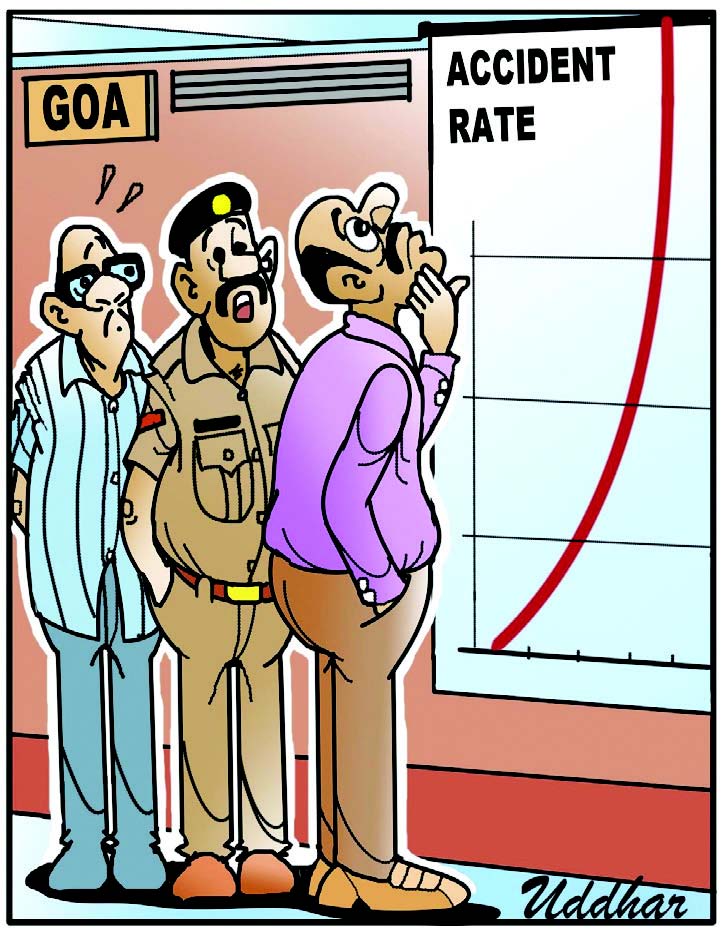
For the past few days Chief Minister Dr Pramod Sawant has been repeatedly assuring the people that coal handling at Mormugao Port Trust will be gradually reduced and that within a year it will be stopped completely. He reiterated this at a workshop of BJP karyakartas on his return from New Delhi after interacting with Central Ministers on various issues. In recent days, his message on coal has been the same – that on identifying an alternative cargo for MPT, coal handling will come to a halt. Interestingly, though the Chief Minister has repeated these statements, the anti-coal lobby that continues the agitation has not reacted to this till date.
The reason for the silence is perhaps that the people want action and not mere statements. So, when will Goa see any such action that will make the statements happen? If the plan is to stop coal handling and transportation within a year, the process to meet that deadline has to be initiated immediately. The Chief Minister is clear that it will not be a sudden stop, as there are various other factors that need to be considered. But, is there any effort made to find those alternative cargoes? Half a month has gone in making and then repeating the assurances. The seriousness in delivering on the statements should be shown by action towards making them happen. The Chief Minister had also promised that the Union Shipping Minister would come to Goa in November where the alternatives to coal would be discussed. That visit has not yet materialized, and we are already in December.
At a very elementary level, here is what is required to stop coal handling – an alternative port where coal will be unloaded and alternative cargo for MPT to handle. The main reason for the opposition to the handling of coal at MPT is the pollution that it causes, not just in and around the port area, but also along the route of its onward transportation via rail and road. The other is that the coal, though unloaded in Goa is not used in the State but transported further to other States. Why then can’t a port closer to the location of the end consumer be identified for the unloading of coal? This is a very valid point that the government cannot ignore.
The other argument that in the absence of iron ore handling at the port for the last eight years, MPT needs the coal cargo to keep it from going into the red is weak, and so does not stand. There are plenty of other options in cargo that the government can look into. In fact, the Chief Minister has said that they are looking at more tourism traffic at the port. Now, that would be an acceptable alternative, as it is absolutely non-polluting and MPT already handles cruise liners. It has the facilities and the capability to take on higher tourism traffic. Additionally, with setbacks in charter tourism, the State would do well to look at the cruises to add to footfalls.
You cannot have cruise tourism and coal handling at the same port, but you can have container traffic. Goa has a large pharmaceutical industry, with almost all major companies having a manufacturing unit in the State. Yet, though MPT has been approved as a designated port under the Drugs and Cosmetics Act, pharmaceutical traffic is still low, and much of it is routed through the Nhava Sheva port in Maharashtra. It would not be difficult to increase container traffic to and from MPT. If it is only the alternatives that are delaying the stoppage of coal, then the government can easily consider cruise tourism and pharma imports and exports from MPT.
